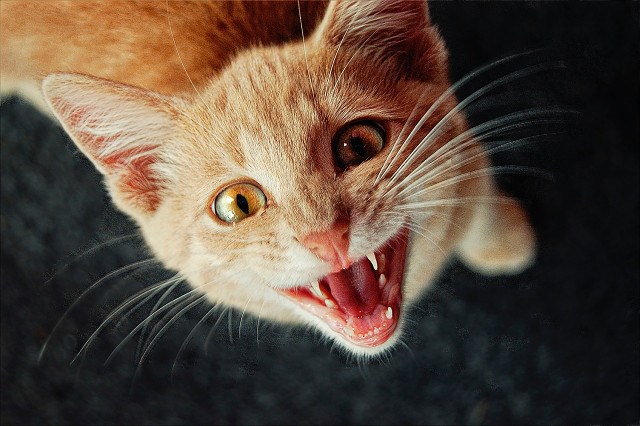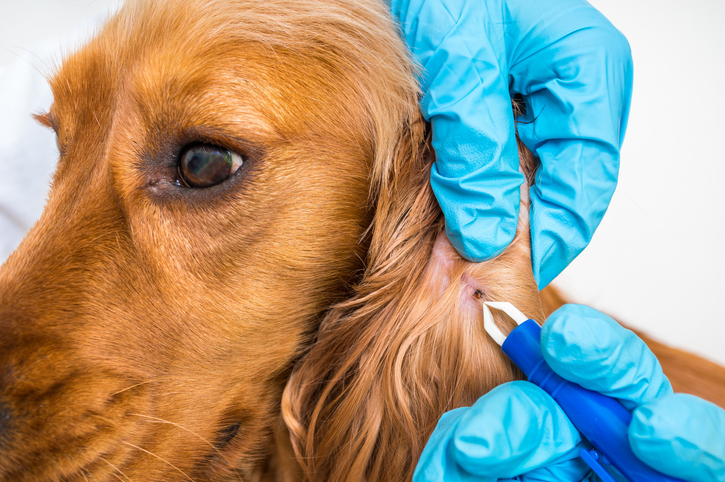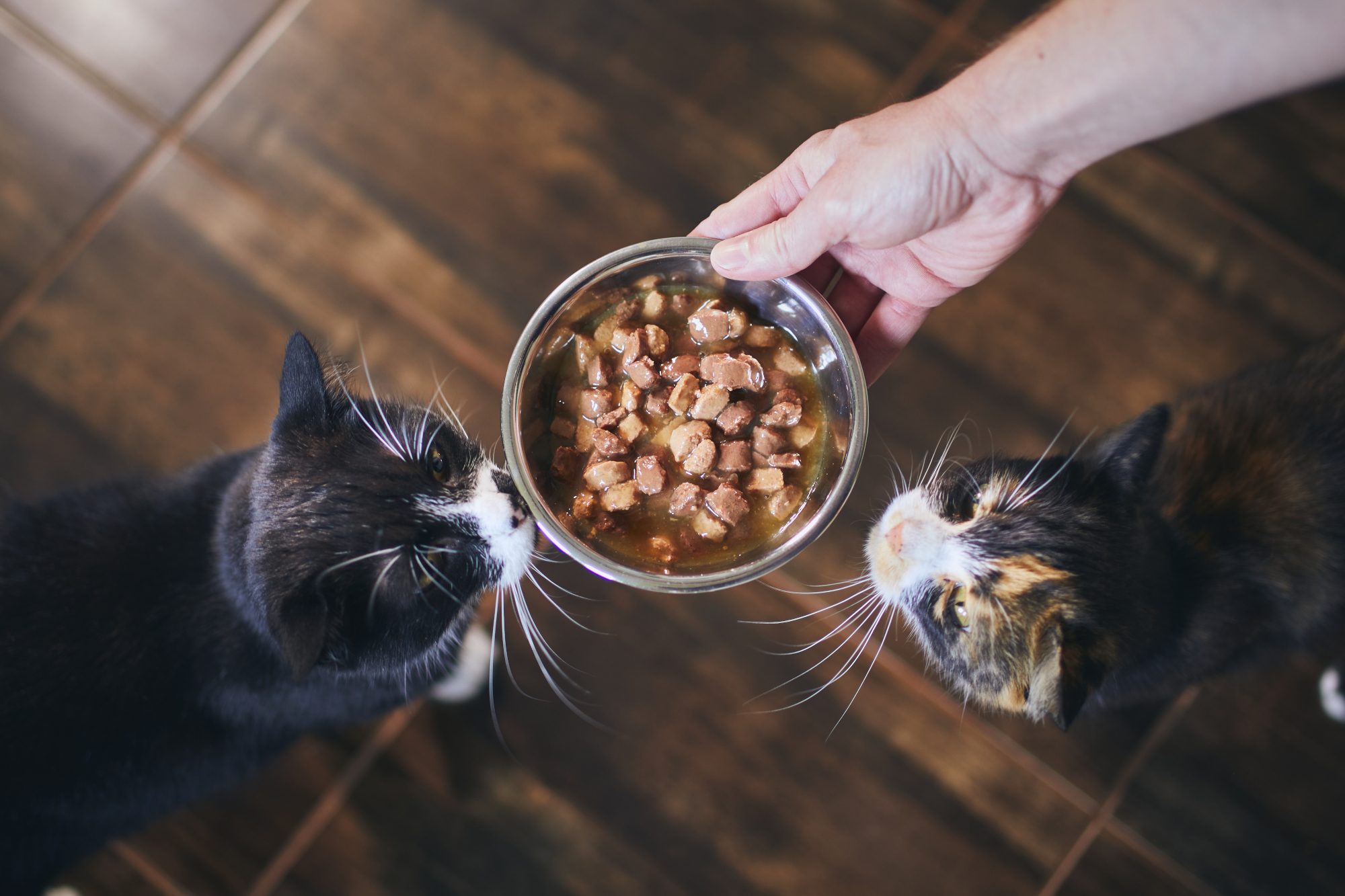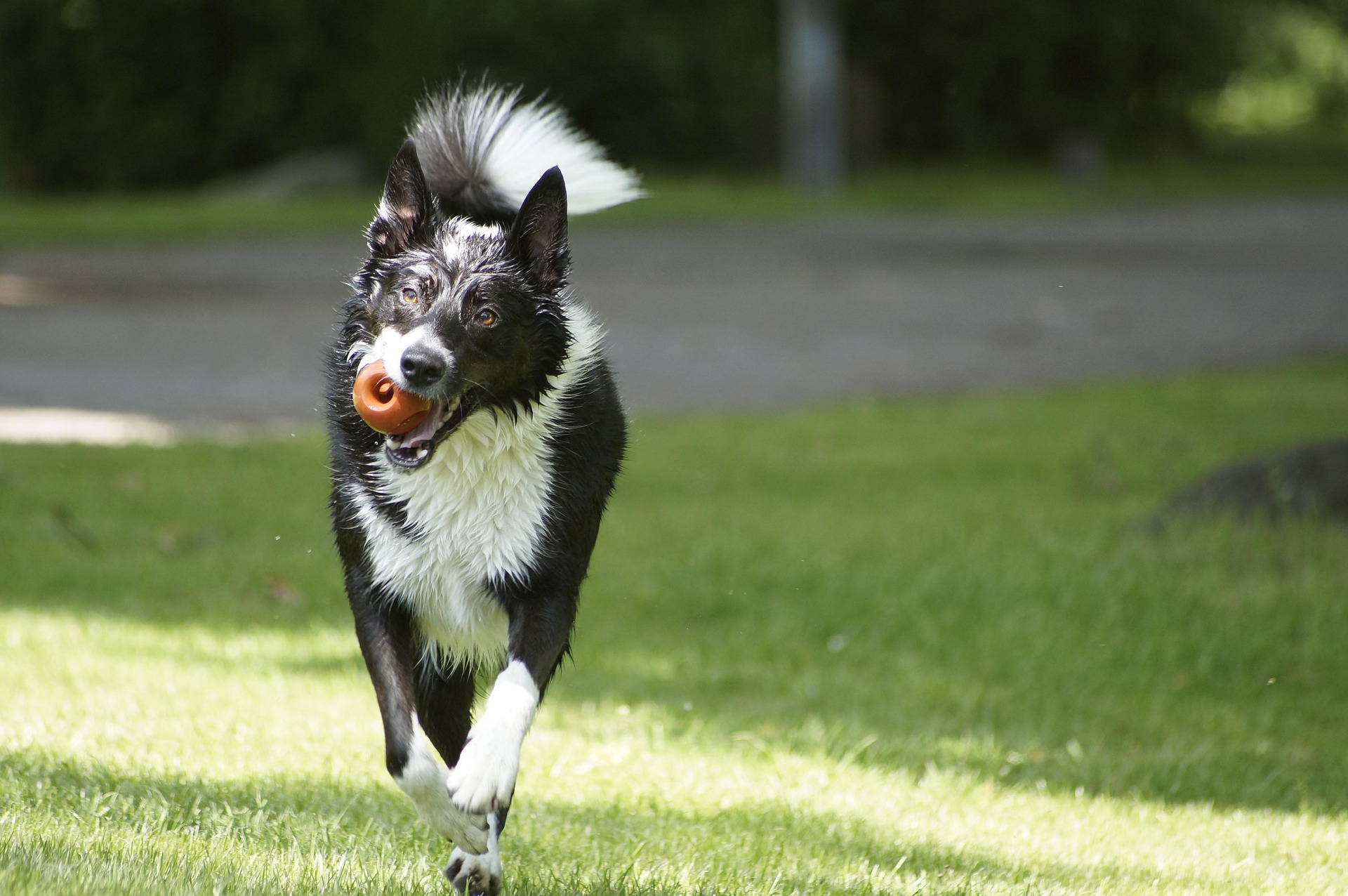Did you know cats can develop dental problems just like humans? Cats may not need to worry about quitting smoking or cutting back on their coffee intake, but they do need dental care just like we do. They can’t brush their teeth themselves (if they could, they’d go viral on YouTube for sure!); they need our help to keep their mouths clean. That’s why you need to pay attention to their teeth and gums in addition to the rest of their well-being.
In honour of Pet Dental Health Month, we’re going to offer you some veterinary dentist advice. Be aware of the following oral health issues in cats, when to take your kitty to a veterinarian, and how you can help keep their teeth clean at home.
When to Take Kitty to a Cat Hospital
Some oral health issues in cats are best left to professionals to treat and care for them. Do take your kitty to a cat hospital if the following reasons apply to their situation:
- Their gums are bleeding or look swollen/red
- They’re excessively drooling at an unusual rate
- Their breath smells terrible
- They’re showing visible signs of pain such as withdrawal or crying out when you touch their jaws or face
- They’re losing weight
- They’re not eating their food, or they’re avoiding eating their crunchy food
All of these signs are causes for concern and require a veterinarian’s diagnosis in order to provide proper treatment.
The Most Common Oral Health Issues in Cats
Fractures – sometimes kitties can bite down the wrong way if they’re on a dry food diet, or they nibble on something they shouldn’t have, or if their toys are hard. If you see any signs of pain, such as your kitty withdrawing from your touch around their jaws, it may be because of a fracture or even a broken tooth. Both need a veterinarian to look at them properly.
Gum disease, or periodontal disease – yep, cats aren’t exempt to this dental issue either. Gum disease, or periodontal disease, leads to all sorts of long-term problems and in some cases it is a symptom of them. Periodontal disease in cats develops over time and starts out as gingivitis and plaque and tartar buildup on their teeth. If it’s left untreated, gum disease can develop into infection and in worst cases tooth loss. It’s easily preventable though by having your cat’s teeth regularly cleaned.
Bad breath – bad smelling breath is usually a sign of a more serious, underlying issue such as periodontal disease, halitosis, or inflammation. It could also be a symptom of more pressing issues such as kidney disease or diabetes.
Tooth abscesses – a tooth abscess can form on your kitty’s gums and they’re a red flag for tooth decay or, in severe cases, oral cancer. In the case of a normal abscess, your vet may perform surgery to remove the cause of the problem; if the tooth has decayed too much, it will need to be removed. Antibiotics prescribed by your veterinarian can help clear up an abscess in about five to seven days; you will need follow your vet’s instructions exactly when administering the medicine to your kitty at home.
How to Brush Your Cat’s Teeth at Home
First, you need a toothbrush and toothpaste. You can find them at your local vet clinic or at the nearest pet store. Different flavours are available such as chicken, fish, and beef (all yummy for kitties!).
Do not give human toothpaste to cats, ever! It contains chemicals that are very toxic to cats.
For the toothbrush, we recommend using the soft rubber brush that will fit over your first finger. If they refuse the toothbrush, your fingers can be a good alternative.
It’s a good idea to give your kitty a tiny sample of the toothpaste for tasting before attempting to brush their teeth. Massage the toothpaste on their gums or let them lick the toothpaste off of the brush. Some kitties need to be introduced gradually to feline dental care, so this is a good first step to take to get them more comfortable with the routine.
Once they’re ready, you need to get your kitty. Always speak to them soothingly and hold them gently in your lap, helping them get comfortable. Don’t be afraid to get a buddy to hold your kitty while brushing their teeth—sometimes it can be a two-person job (depending on how comfortable your cat is!).
After you or your partner have managed to get hold of kitty, apply about a quarter teaspoon of toothpaste to the brush. Allow your cat to sniff the toothpaste. Gently lift their upper lip and rub the brush against their front teeth in small circles. Make sure to brush down and away from the top of the gum line to get rid of any food crumbs lodged in their mouth. For the bottom teeth and jaw, brush up and away from the gum line. Keep brushing around the outside of their teeth until you’ve brushed the entire mouth.
Your cat may not like having their teeth brushed at all at first, so if you need to stop or they’re struggling, leave it for another time. Don’t force them into it. It may take time before your cat will accept the toothbrush or toothpaste, or both. Patience is key.
Other At-Home Dental Solutions for Kitties
One alternative solution to brushing their teeth at home is to invest in dental chews for cats. However, it will take a while to see results from these chews (and it is not as effective as brushing), plus it’s not recommended if your kitty is overweight. Double-check with your vet if you want more information about this solution.
It’s also a good idea to check out the toys you’re offering them. If there are any that look like they could cause teeth fractures or other cat dental problems, consider giving your kitty softer chew toys instead.
Cat dental care isn’t exactly pretty, but it is important. Make it a point this year to practice good feline dentistry at home and get your kitty regularly examined by your vet for any dental health problems. It could save their life!
Creative Commons Attribution: Permission is granted to repost this article in its entirety with credit to Hastings Veterinary Hospital and a clickable link back to this page.






